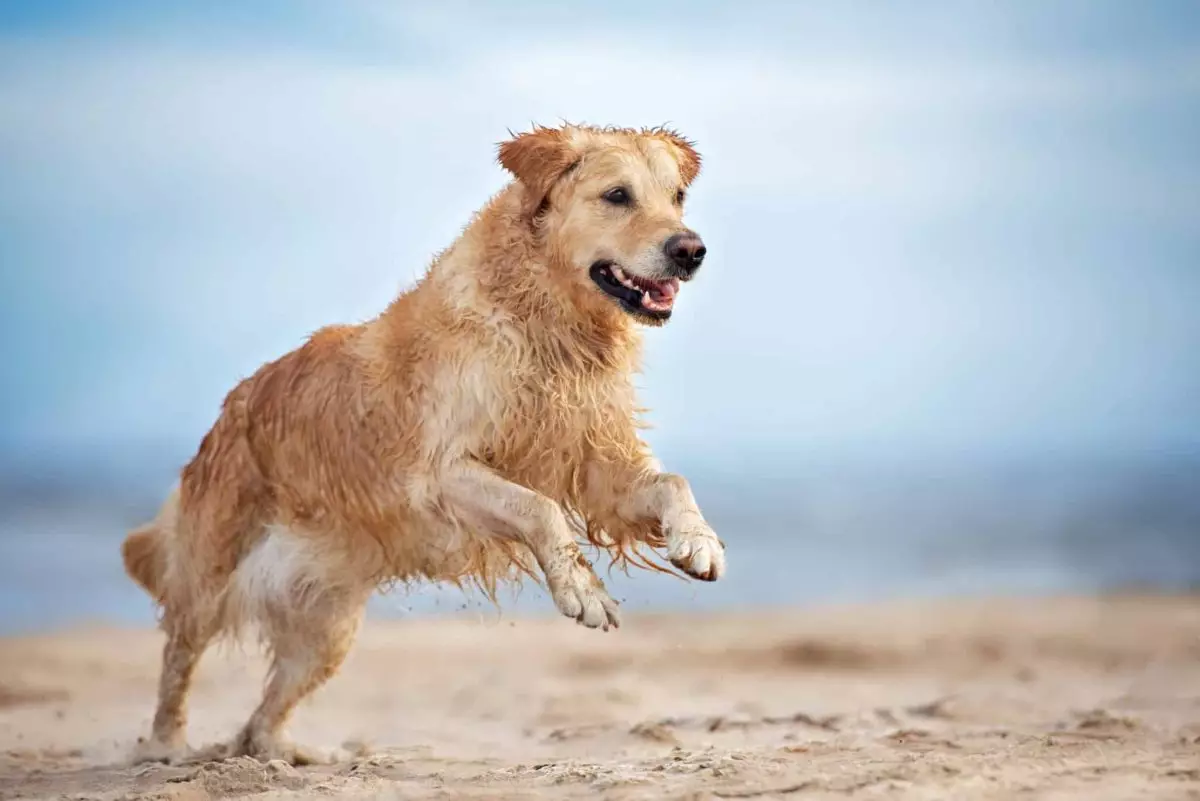As dog owners, we often find ourselves enamored by the sheer joy and companionship our canine friends bring to our lives. It’s only natural to want to reciprocate that happiness by ensuring their lives are filled with joy and fulfillment. Fortunately, promoting your dog’s well-being doesn’t have to be an elaborate endeavor. Numerous uncomplicated practices can significantly enhance their daily happiness and overall health. From engaging activities to nurturing routines filled with affection, there are simple, yet effective, strategies to enrich your dog’s life.
The Power of Play: Engaging Your Dog’s Mind
Dogs are inherently playful creatures, and their happiness is greatly influenced by their mental stimulation. Engaging your pet in games can be one of the simplest, yet most effective, methods to uplift their spirits. Puzzle toys, treat-hiding games, and engaging fetch sessions foster mental engagement while mitigating boredom—one of the primary culprits of destructive behavior in dogs. By incorporating these activities into daily routines, you provide your dog with the opportunity to channel their natural problem-solving skills, yielding a fulfilling and satisfying experience. Remember that a mentally stimulated dog is a happier one.
Physical Activity: Fuel for Happiness
Just as mental engagement is crucial for dogs, physical exercise plays an unparalleled role in their overall happiness and emotional well-being. Regular activities like walks, runs, or spirited playtime can tremendously uplift your dog’s mood. The importance of regular exercise cannot be overstated; inadequate physical activity can lead to anxiety and stress, resulting in unwanted behavior. Whether it is a leisurely stroll in the neighborhood or an energetic game of frisbee at the park, daily physical activity enhances both your dog’s physical fitness and emotional health, ultimately fostering a deeper bond between you and your furry friend.
Though dogs are often seen as loyal and loving companions, they thrive on a deep connection with their owners. Dedicating quality time to bond through cuddling, grooming, or simply resting side by side fosters a sense of security and love, essential for your dog’s emotional health. Dogs that feel valued and secure in their relationships are more likely to exhibit confidence and resilience. Even a few minutes of undivided attention can reinforce the connection and contribute significantly to your dog’s overall happiness. The warmth of a loving bond goes a long way in enriching a dog’s emotional landscape.
A crucial component of keeping your dog happy is ensuring they receive proper nutrition. A well-balanced diet tailored to your dog’s specific needs can profoundly impact their energy levels and general disposition. Always make fresh water available, especially post-exercise, as hydration is vital to their well-being. A nutritious diet not only promotes physical health but also uplifts their mood, keeping them vibrant and playful. Healthy dogs are generally happier, so take the time to educate yourself on proper nutrition for your pet, ensuring they feel their best.
Love and affection play critical roles in fostering happiness in dogs. Simple gestures, such as petting, belly rubs, and verbal praise, signify affection and validation of their behavior, cementing their emotional well-being. Dogs that feel nurtured and appreciated are less likely to develop behavioral issues and exhibit stronger emotional health. Making time for these affectionate moments strengthens your connection and enriches your dog’s life, underscoring the importance of incorporating small acts of love into everyday interactions.
Cultivating an Enriched Environment
Creating a stimulating environment is essential for keeping your dog engaged and content. Regularly rotating their toys and introducing new items or experiences can help spark their interest. Simple changes like varying the walking route or adding new experiences, like visiting different parks or playdates, can keep life exciting and enjoyable for your dog. This variety not only alleviates boredom but also challenges them mentally, ultimately fostering a desire for exploration and a sense of adventure.
The Comfort of Routine: Establishing Predictability
Maintaining a consistent routine is fundamental for your dog’s emotional stability. Dogs find comfort in predictability, and establishing a regular schedule for feeding, walks, playtime, and bedtime provides a structured environment in which they feel secure. This predictability can help alleviate anxiety, making your dog more relaxed and self-assured. Striving to adhere to a consistent routine allows your dog to thrive in the predictable rhythm of their day-to-day life.
Social interactions are critical to a dog’s development and happiness. Regularly allowing your dog to interact with other dogs and people enriches their life, offering essential mental stimulation and emotional growth. Dog parks, playdates, or even casual encounters during walks can greatly enhance your dog’s social skills and comfort in various environments. Well-socialized dogs tend to be happy and more adaptable, making socialization a vital aspect of their upbringing.
Dogs primarily experience the world through their acute sense of smell. Allowing them to explore new scents during walks not only sparks their curiosity but also adds an element of joy to their outing. Sniffing around serves as both mental stimulation and a natural behavior, alleviating stress and providing a sense of purpose. When out and about, let your dog take the lead and follow their nose, offering them the freedom to engage in their instinctual behaviors.
Elevating your dog’s happiness is often embedded in simple, intentional practices. By focusing on nutrition, regular exercise, bonding, and providing an enriched environment, you can create a fulfilling life for your dog. Incorporate affection and socialization as cornerstones of your interactions, and your furry companion will thrive. Embrace these steps and enjoy the positive transformation in your dog’s life—because their happiness truly rests in your hands.

